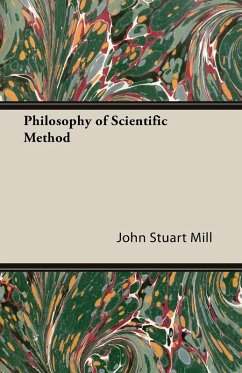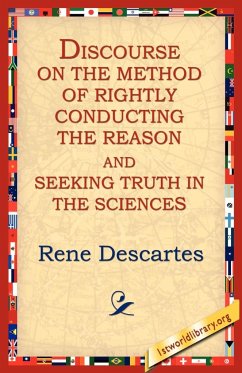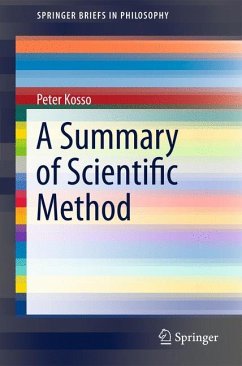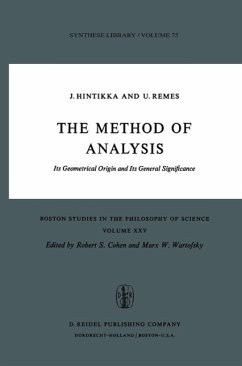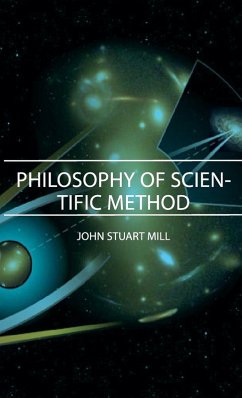
Philosophy of Scientific Method

PAYBACK Punkte
24 °P sammeln!
PHILOSOPHY OF SCIENTIFIC METHOD by J. S. MILLS. Table of contents includes: EDITORS INTRODUCTION xv NOTE ON THE TEXT xlix SELECTED BIBLIOGRAPHY 1 A SYSTEM OF LOGIC PREFACE 3 INTRODUCTION 1. Is logic the art and science of reasoning 2 . . . 7 2. Logic is concerned with inferences, not with intuitive truths 4, abridged 8 3. Relation of logic to the other sciences 5 . . . 11 BOOK I OF NAMES AND PROPOSITIONS CHAPTER I. OF THE NECESSITY OF COMMENCING WITH AN ANALYSIS OF LANGUAGE 1. Theory of names, why a necessary part of logic . 13 2. First step in the analysis of propositions . . 15 II. OF NAMES ...
PHILOSOPHY OF SCIENTIFIC METHOD by J. S. MILLS. Table of contents includes: EDITORS INTRODUCTION xv NOTE ON THE TEXT xlix SELECTED BIBLIOGRAPHY 1 A SYSTEM OF LOGIC PREFACE 3 INTRODUCTION 1. Is logic the art and science of reasoning 2 . . . 7 2. Logic is concerned with inferences, not with intuitive truths 4, abridged 8 3. Relation of logic to the other sciences 5 . . . 11 BOOK I OF NAMES AND PROPOSITIONS CHAPTER I. OF THE NECESSITY OF COMMENCING WITH AN ANALYSIS OF LANGUAGE 1. Theory of names, why a necessary part of logic . 13 2. First step in the analysis of propositions . . 15 II. OF NAMES 1. Names are names of things, not of our ideas . 16 2. Words which are not names, but parts of names . 17 3. General and singular names 20 4. Concrete and abstract 22 5. Connotative and non-connotative abridged . 24 III. OF THE THINGS DENOTED BY NAMES 1. Necessity of an enumeration of namable things. The categories of Aristotle abridged . . 35 2. Feelings, or states of consciousness 3 . . 35 3. F



